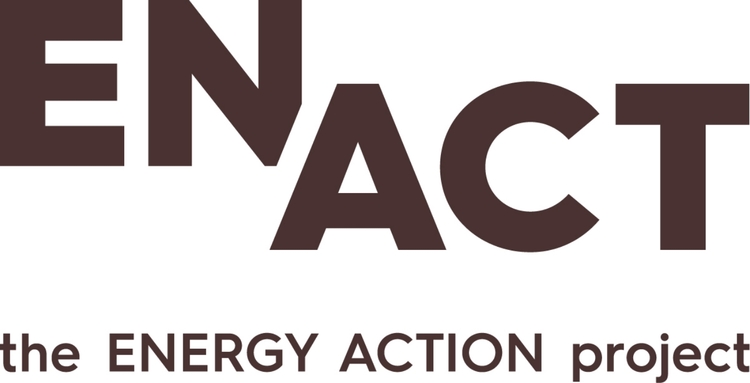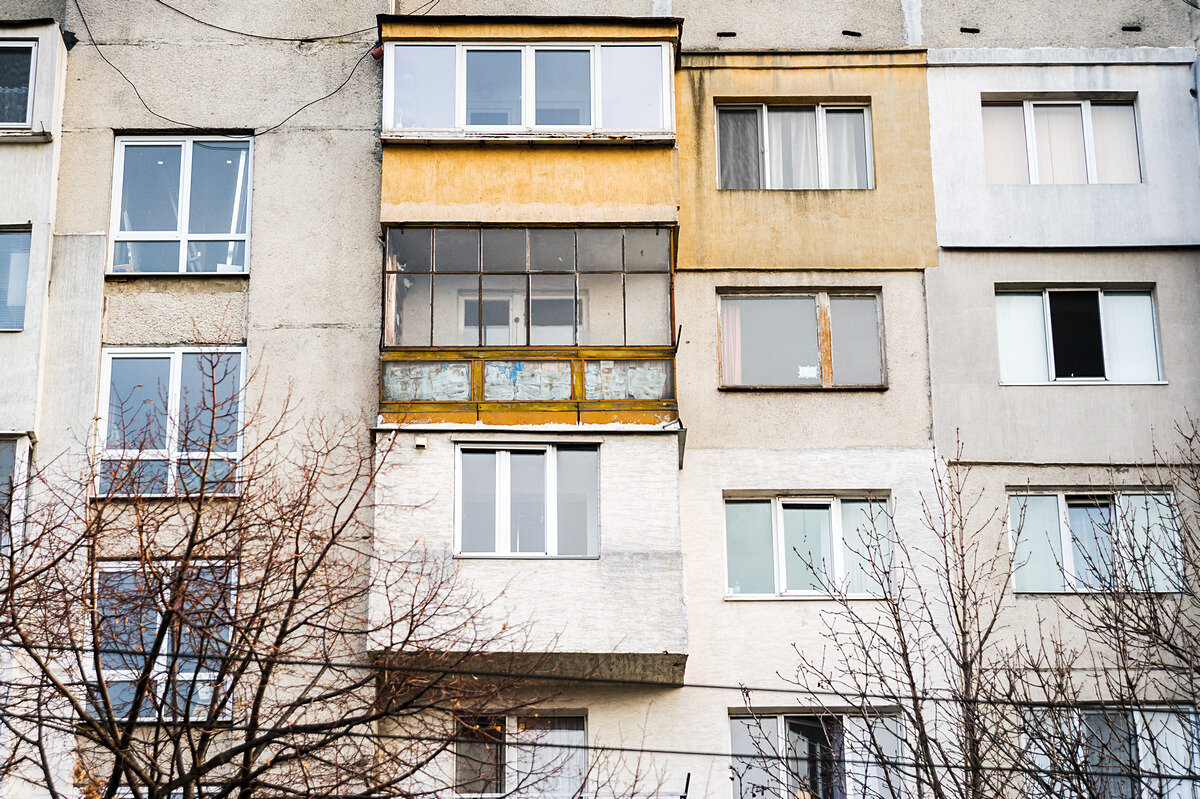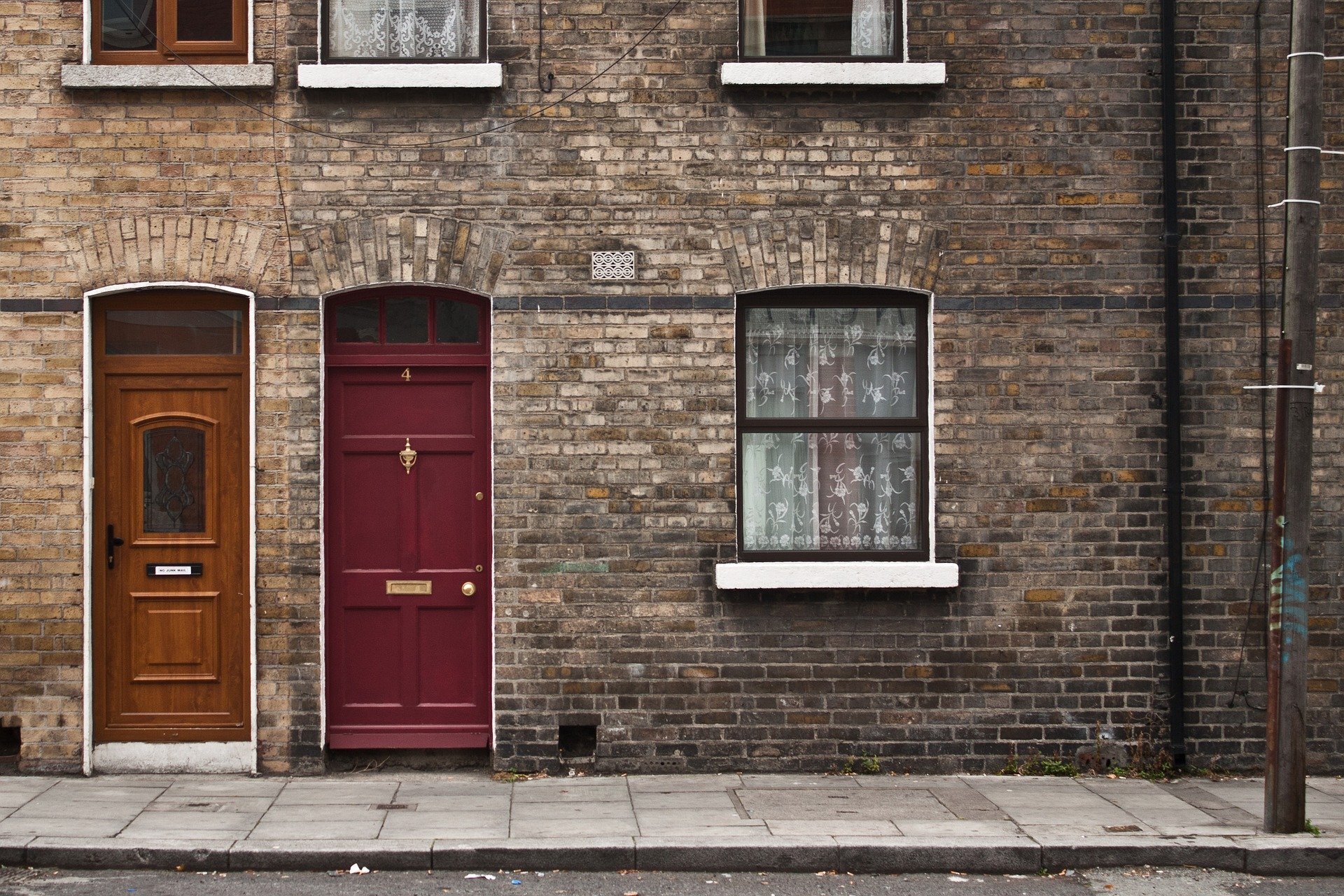Renovating private homes is shown to have a benefit-cost ratio of 4:1, reflecting reductions in healthcare expenditures, elimination of energy subsidy payouts, job creation and greater economic empowerment of citizens who are lifted out of energy poverty.
As new Members of the European Parliament (MEPs) take their places and the European Green Deal (EGD) takes shape, it bears repeating that the state of EU buildings holds potential to make or break whatever energy, emissions and environmental targets are set in the coming months.
At present, buildings account for 40% of EU energy demand and 36% of CO2 emissions. Each year, the EU imports 55% of its energy needs at a cost of approximately €300 billion. While there is growing consensus on the need to carry out deep energy renovations on a massive scale, many stakeholders are waiting for a fundamental question to be properly addressed: Who should pay and how?
As reported by Renovate Europe, 9 out of 10 existing buildings will still be in use in 2050: without renovation, their energy demand and emissions will remain unchanged. Yet across diverse building types, very specific benefits are ripe for capture, sometimes delivering value of 2.5 times the initial cost of efficiency measures.
As the EGD takes shape, EnAct is following the efforts of Renovate Europe to boost recognition of research that attaches financial figures to the value of benefits that energy efficiency measures deliver to public agencies, private entities, economies as a whole and to individual citizens. We start with a broad examination of the benefits of energy efficiency for a very specific reason: better identifying which benefits are delivered to whom can help shift the conversation from ‘who should pay and how’ towards a more strategic examination of ‘what are the most efficient and cost-effective ways for all stakeholders to participate in capturing available returns?’
Aside from benefits outlined in the first paragraph, others include:
Better air quality, both indoors and outdoors.
Better health and lower healthcare expenditures.
Higher productivity and performance.
Enhanced social justice, including for those living in energy poverty.
Together with Renovate Europe, EnAct calls on authors of the EGD to unlock the substantial benefits of energy efficiency across all sectors in a strategic way. To truly put people at the centre of policy, as per the European Pillar of Social Rights, prioritising deep energy renovation is the most direct way to improve the health and well-being of EU citizens, while also advancing towards energy demand and emissions reduction goals.
For more detailed information, click on ‘Indepth’ above.
For the full set of articles co-produced by EnAct and Renovate Europe, follow the links below:
Part 1 of 5 / Building renovations and the EU Green Deal
Part 2 of 5 / Proof of how building renovations can help meet the EU Green Deal
Part 3 of 5 / Tapping into the Just Transition Mechanism
Part 4 of 5 / Leveraging carbon revenues for EU buildings renovation
Part 5 of 5 / Financing residential deep energy renovation








